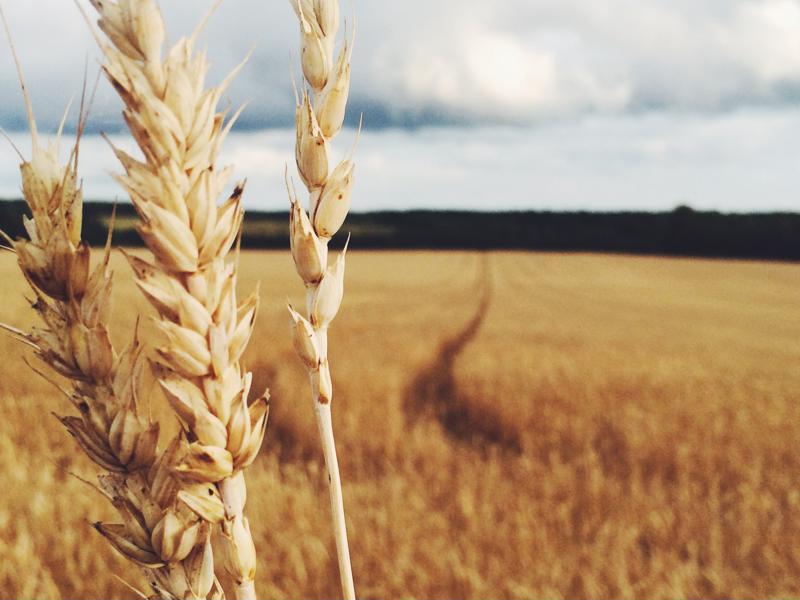While many companies are trying to gain more insight into their supply chain for a litany of reasons, this may be particularly important to food producers. Not only are food producers importing more items than ever, they are also facing increased scrutiny from consumers - and others - when it comes to how they source their products.
As such, it's important that companies be able to gain additional information about the provenance of everything they put into the products that stock shelves across the country, according to Freight Waves. Moreover, food loss and waste is a massive problem, with billions of tons going to rot or coming up missing every year, which costs producers about one-third of all food produced globally.
There are numerous basic areas where food producers may be able to improve their supply chain operations, but perhaps the most important is the extent to which production can be automated, the report said. Few if any industries still rely as heavily on manual labor at just about every step of the supply chain to get products to end users. Innovation in the automation field may be particularly important to meeting all the goals companies have for streamlining operations.

"The blockchain" has become such a common buzzword in just about every industry that it's sometimes difficult to separate practical application from pie-in-the-sky thinking. However, experts agree there's plenty food producers can do to implement the technology to improve supply chains, according to a new study from the European Commissions Science EU Science Hub. When it comes to being able to get a clearer picture of how a food product gets from field to store shelves, the ability to exchange such data at every step of the way could be exactly what food producers have been looking for.
"Traceability and quality control as regards how products are grown, stored, inspected and transported - that is, from the farm to fork - could enhance accountability for all involved, including suppliers, regulators and consumers," the researchers wrote. "In a blockchain system, everyone has access to and a copy of the same updated record, so relevant parties can verify or inspect it at any time or at specific moments."
Getting it right
All this comes at a time when consumers are increasingly savvy about what they eat and drink, so companies have even more of a vested interest in keeping tabs on products throughout the supply chain, according to The Wall Street Journal. Many can now more or less give consumers GPS coordinates for where their products come from, whether that's somewhere in the middle of Africa or as close as a farm down the street. It's one thing to get a handle on food waste, but it's another entirely to appeal to conscientious consumers who want to know exactly where their food derives, both of which improve the bottom line for producers.
When trying to improve supply chains, food and beverage producers likely have plenty of options to do so, and examining as many avenues for such success as possible is critical to ensuring ongoing business success.



Post A Comment:
0 comments so far,add yours